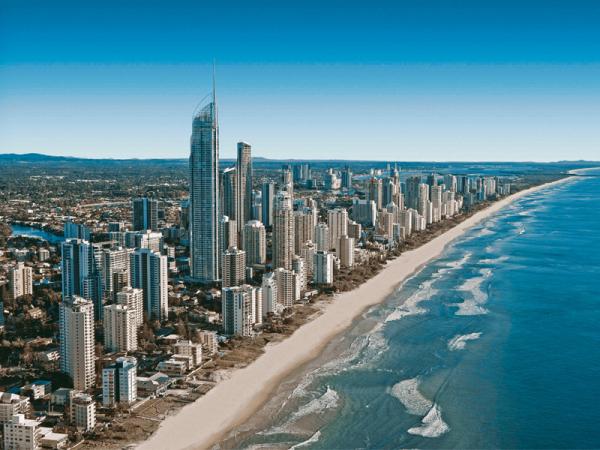Course Title
“A Tale of Two Cities: Sustainability and the Post-Oil Economy in the UAE”
Professor
Dirk Vandewalle, Associate Professor of Government, Dartmouth College; Adjunct Professor, Tuck School of Business
Dates
December 2022 and March 2023
Destination Cities
Dubai and Abu Dhabi
Course Description
Created in 1971, the United Arab Emirates has transformed itself in five decades from a collection of seven impoverished emirates into one of the most dynamic and fastest growing economies in the world. Dubai and Abu Dhabi have become synonymous not only with rapid economic development, but also with world-class and spectacular architecture, a vibrant tourist sector, and with tis emergence as a financial hub for the Middle East region and the world.
The origin of much of the country’s wealth has of course been oil — but oil has only been part of the success story of what turned the UAE into an economic powerhouse. Much of it has also been based on a number of unique economic initiatives (often described as the “Dubai model”) that have slowly reduced the impact of oil revenues within the country. Indeed, fifty years after the country’s creation, the role of oil in the UAE’s economy has already dramatically shifted, and Dubai is already a post-oil economy in most aspects.
During this GIX we will take a close look at what stimulated the country’s development — its economic planning, the emergence of economic free zones and financial regulation that have made the UAE an increasingly desirable location for regional and global investment. What unique strategies — in particular the interaction between government guidance and private entrepreneurship — did particularly Dubai follow that allowed it to move away from oil income? What have been the economic and social challenges of reliance on oil income, and what will future challenges be like as the UAE moves even further toward a post-oil economy?
On this GIX you will meet a number of economic policymakers, international business managers and consultants (several of which are former Tuck students) able to interpret the financial, social, political and cultural stresses and opportunities the UAE faces as it moves toward a more sustainable, post-oil economy. This global experience will allow students to evaluate many of the conventional explanations of economic growth and development against the experience of the UAE, and to understand the complexities of planning in an oil economy — and what ultimately the shifting economic landscape in the UAE means for international business.
